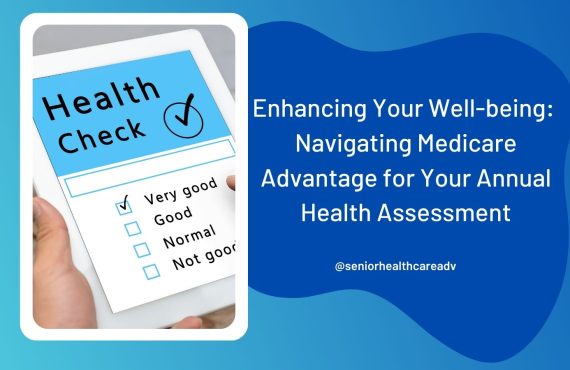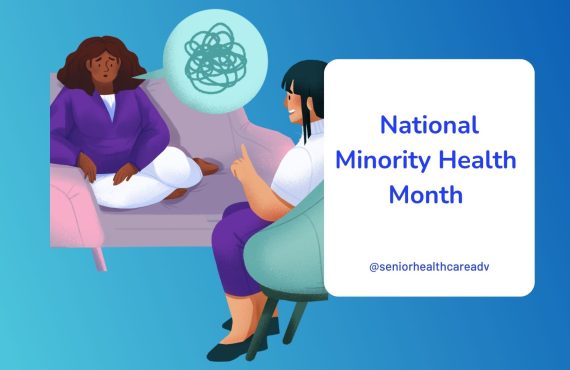Journey with us as we demystify the world of Over-the-Counter (OTC) cards. This comprehensive guide not only unveils the purpose behind these cards but also empowers you with knowledge on how to make the most of their perks for a healthier and more fulfilling life.
Introduction:
OTC (Over-The-Counter) cards have become increasingly popular in healthcare, offering beneficiaries a convenient way to save on over-the-counter medications and supplies. Understanding the purpose and benefits of an OTC card is essential for maximizing your healthcare savings. In this comprehensive guide, we’ll explore the ins and outs of OTC cards, how they work, and how they can help you unlock significant savings on your healthcare expenses.
Understanding the Purpose of an OTC Card:
An OTC card, also known as a health-related debit card, is a prepaid card issued by Medicare Advantage plans or other healthcare programs. These cards allow beneficiaries to purchase eligible over-the-counter medications, health-related items, and supplies without using cash or a credit card. The purpose of an OTC card is to provide beneficiaries with greater flexibility and control over their healthcare spending while promoting wellness and preventive care.
Key Benefits of an OTC Card:
There are several key benefits to using an OTC card:
- Cost Savings: OTC cards allow beneficiaries to purchase eligible over-the-counter medications and supplies at no cost or a reduced cost, helping them save money on their healthcare expenses.
- Convenience: With an OTC card, beneficiaries can easily purchase eligible items at participating retailers, including pharmacies, grocery stores, and online retailers, without the need for reimbursement or claims submission.
- Health Promotion: By providing access to over-the-counter medications and supplies, OTC cards promote wellness and preventive care, empowering beneficiaries to take control of their health and well-being.
How OTC Cards Work:
OTC cards work similarly to debit cards, with funds pre-loaded onto the card by the healthcare program or insurance provider. Beneficiaries can use the card to purchase eligible over-the-counter medications and supplies at participating retailers, up to the card’s available balance. Some OTC cards may have restrictions on eligible items or purchase limits, so it’s essential to review the card’s terms and conditions carefully.
FAQ:
Q: What items can I purchase with an OTC card?
A: Eligible items may include over-the-counter medications, first aid supplies, vitamins, and other health-related items. However, not all items may be eligible, so it’s essential to check the card’s list of eligible items or consult with your healthcare provider.
Q: How do I access funds on my OTC card?
A: OTC cards work similarly to debit cards, allowing beneficiaries to access funds by swiping the card at participating retailers or entering the card information for online purchases. The card balance is typically pre-loaded by the healthcare program or insurance provider.
Q: Can I use my OTC card to purchase prescription medications?
A: No, OTC cards can only be used to purchase eligible over-the-counter medications and health-related items. Prescription medications require a separate prescription and cannot be purchased with an OTC card.
Call to Action:
Ready to unlock the benefits of an OTC card and start saving on your healthcare expenses? Contact us today to learn more about how you can enroll in a Medicare Advantage plan with an OTC card benefit.
Conclusion:
An OTC card can be a valuable tool for beneficiaries looking to save on over-the-counter healthcare expenses. By understanding the purpose and benefits of an OTC card, you can make informed decisions about your healthcare spending and take control of your health and well-being. Don’t miss out on the opportunity to unlock significant savings – reach out today and learn how you can start enjoying the benefits of an OTC card with a Medicare Advantage plan.














